X
wikiHow is a “wiki,” similar to Wikipedia, which means that many of our articles are co-written by multiple authors. To create this article, 10 people, some anonymous, worked to edit and improve it over time.
This article has been viewed 109,190 times.
Learn more...
If your Xbox game disc isn't working properly, it may need a good cleaning. Smudges, dirt, and scratches can prevent the Xbox's laser from reading the disc's data. Cleaning the disc will only take a few moments if you have the right materials, and you can even remove light scratches using household products.
Steps
Method 1
Method 1 of 2:
Cleaning Smudges and Grime
-
1Mix a solution of even parts isopropyl (rubbing) alcohol and water. Isopropyl alcohol is a powerful cleaning agent, and you can get it for cheap from most grocery stores.
- If you don't have isopropyl alcohol, window cleaner will work as well.
-
2Hold the disc by the hole in the middle and the outer edges. Avoid touching any of the disc surface.Advertisement
-
3Dip a microfiber cloth into the mixture. Microfiber is very tightly-woven, and is soft to the touch. It will pick up dirt and dust without scratching the disc's surface.[1]
- Don't use tissue, paper, towels, or cotton to wipe the disc. These materials all pose a scratching risk.
-
4Wipe the disc from the center straight out to the edge. Rotate the disc and wipe again from the center to the edge. Keep rotating until the entire disc has been wiped.
- Wipe straight from the center instead of in circles. Wiping in circles around the disc can increase the risk of scratching.[2]
-
5Place the disc bottom-up for a few moments to dry. Allow the disc to air dry, but don't place it in direct sunlight. Isopropyl alcohol should only take a few seconds to dry; window cleaner may take a little longer.
- Avoid drying with a dry cloth, as this can promote scratching.
Advertisement
Method 2
Method 2 of 2:
Fixing Light Scratches
-
1Get a non-bleaching toothpaste. Since toothpaste is slightly abrasive, you can use it to polish off light scratches on the surface of your disc. Make sure that it is not a whitening or bleaching toothpaste, as these contain chemicals that can damage the disc.[3]
- Baking soda toothpaste will give the best results. Avoid gel-based toothpastes.
-
2Put a small drop of toothpaste on the disc surface. You don't need much, a little smaller than a pea should be sufficient.
-
3Add a small amount of water. Just a drop or two should be enough, you want to be able to make a paste with the toothpaste, but not turn it too runny.
-
4Use your finger or a microfiber cloth to buff out scratches. If you're using your finger, make sure that you've cleaned it first to remove excess oils. Apply gentle pressure and rub back and forth over the scratch to polish it out.
- Rub from the center towards the edge, not in a circular motion.
-
5Rinse the disc with warm water when you're finished. Make sure that all of the excess toothpaste has been removed from the disc surface. Allow the disc to air dry after rinsing it off.
-
6Consider professional resurfacing. If the scratches are too much for toothpaste to handle, your only other option may be professional resurfacing. This is usually a pretty expensive process, and if the game is older it may be cheaper to just buy a new copy.
- Check your local used video game, music, or movie stores to see if they offer disc resurfacing services.
Advertisement
Community Q&A
-
QuestionHow do I get a disc working after it's been in a house fire?
 Jackson QuesinberryCommunity AnswerIf the plastic is melted in any way it is irreparable.
Jackson QuesinberryCommunity AnswerIf the plastic is melted in any way it is irreparable. -
QuestionOne of my games always freezes at a certain point. What should I do to fix this?
 Community AnswerClean the disc with toothpaste, and also clean your console's laser lens with a dedicated lens cleaner.
Community AnswerClean the disc with toothpaste, and also clean your console's laser lens with a dedicated lens cleaner. -
QuestionHow do I clean the laser lens on my Xbox?
 Community AnswerYou can buy a laser lens cleaner. You may to give it a few tries as it tends not to load at first.
Community AnswerYou can buy a laser lens cleaner. You may to give it a few tries as it tends not to load at first.
Advertisement
References
About This Article
Advertisement
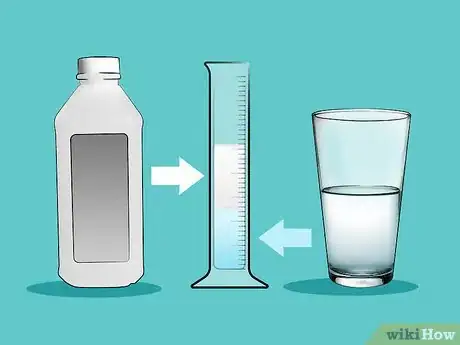
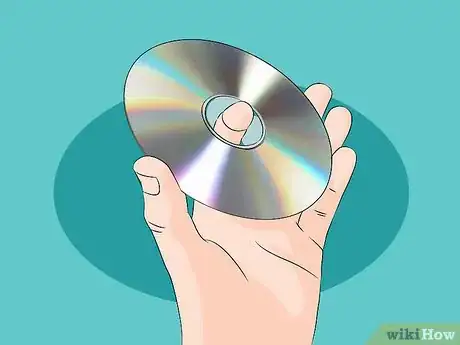


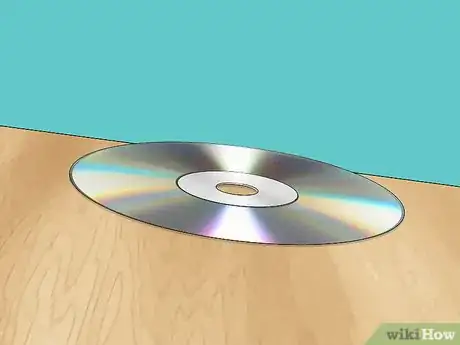
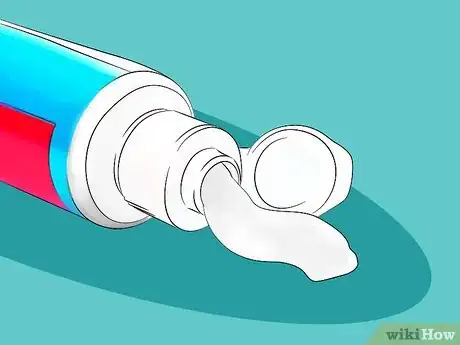

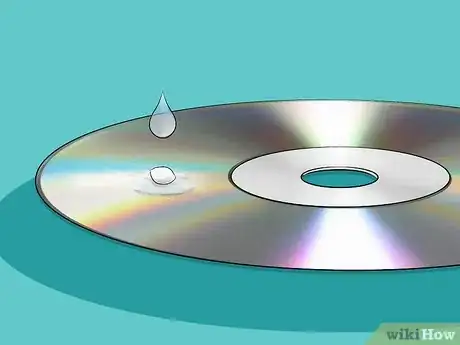
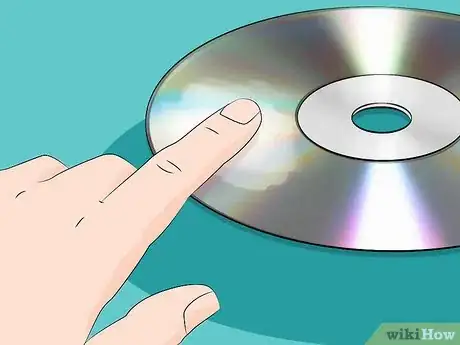
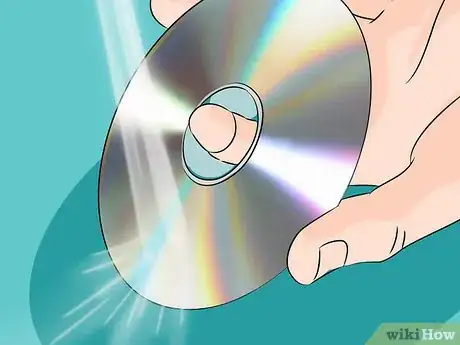
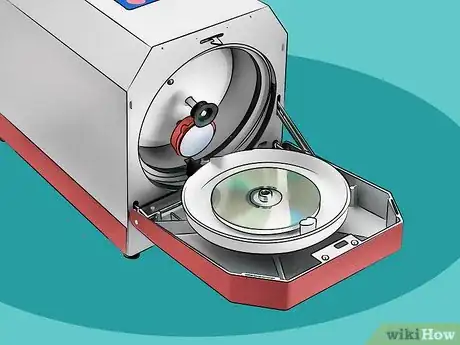
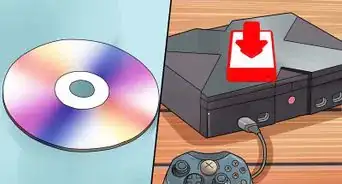
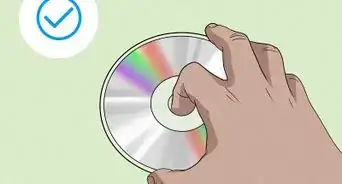


-Step-13.webp)
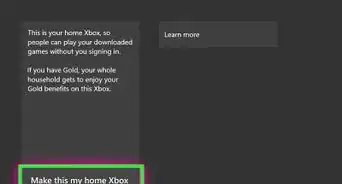
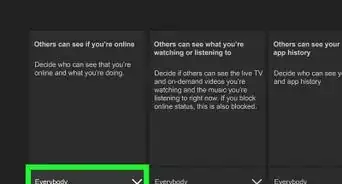
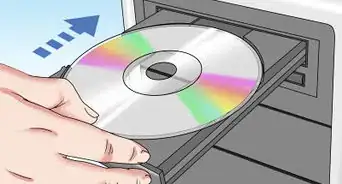
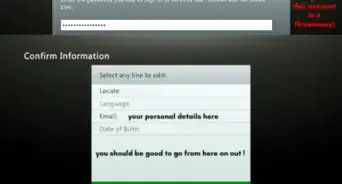
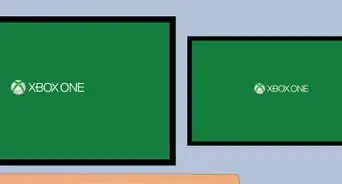
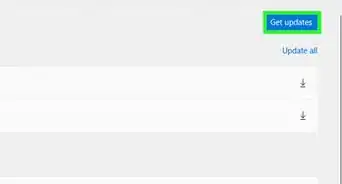
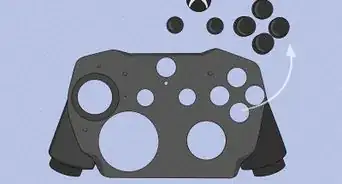
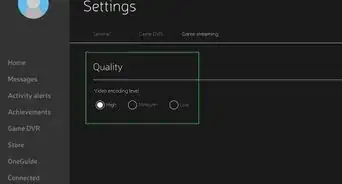







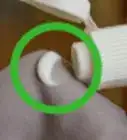
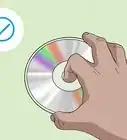
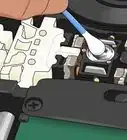



































Medical Disclaimer
The content of this article is not intended to be a substitute for professional medical advice, examination, diagnosis, or treatment. You should always contact your doctor or other qualified healthcare professional before starting, changing, or stopping any kind of health treatment.
Read More...